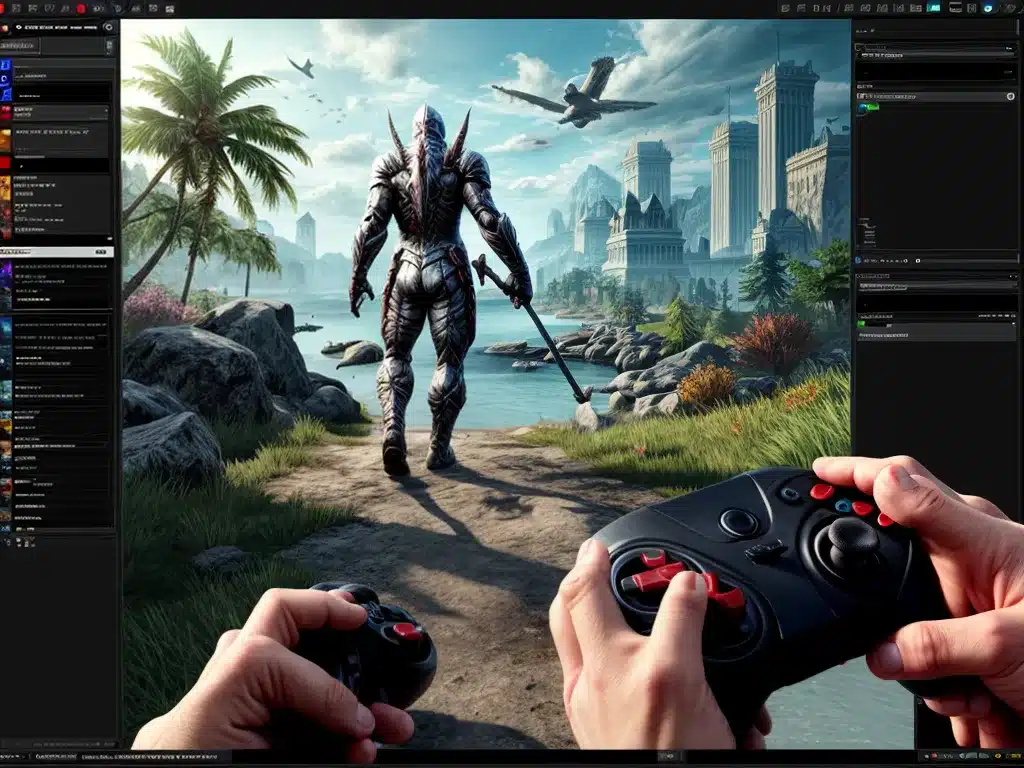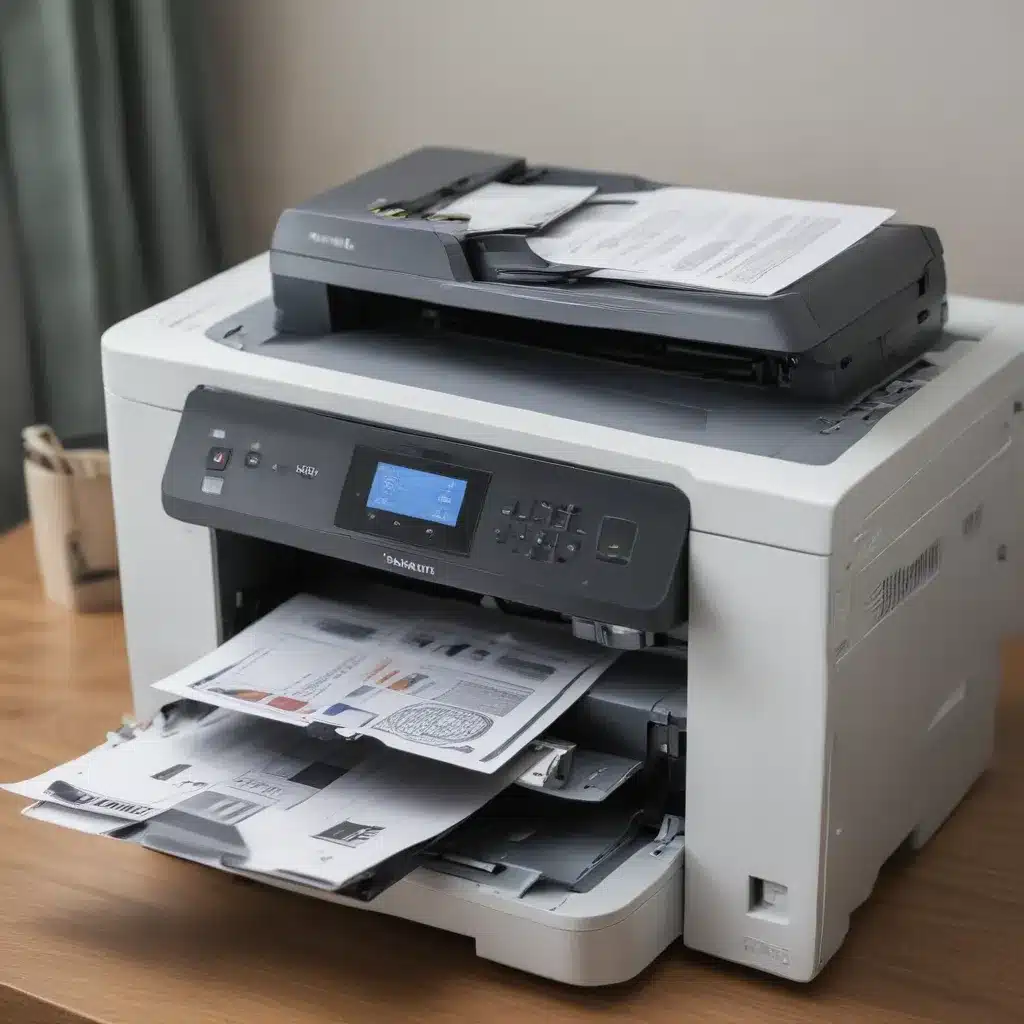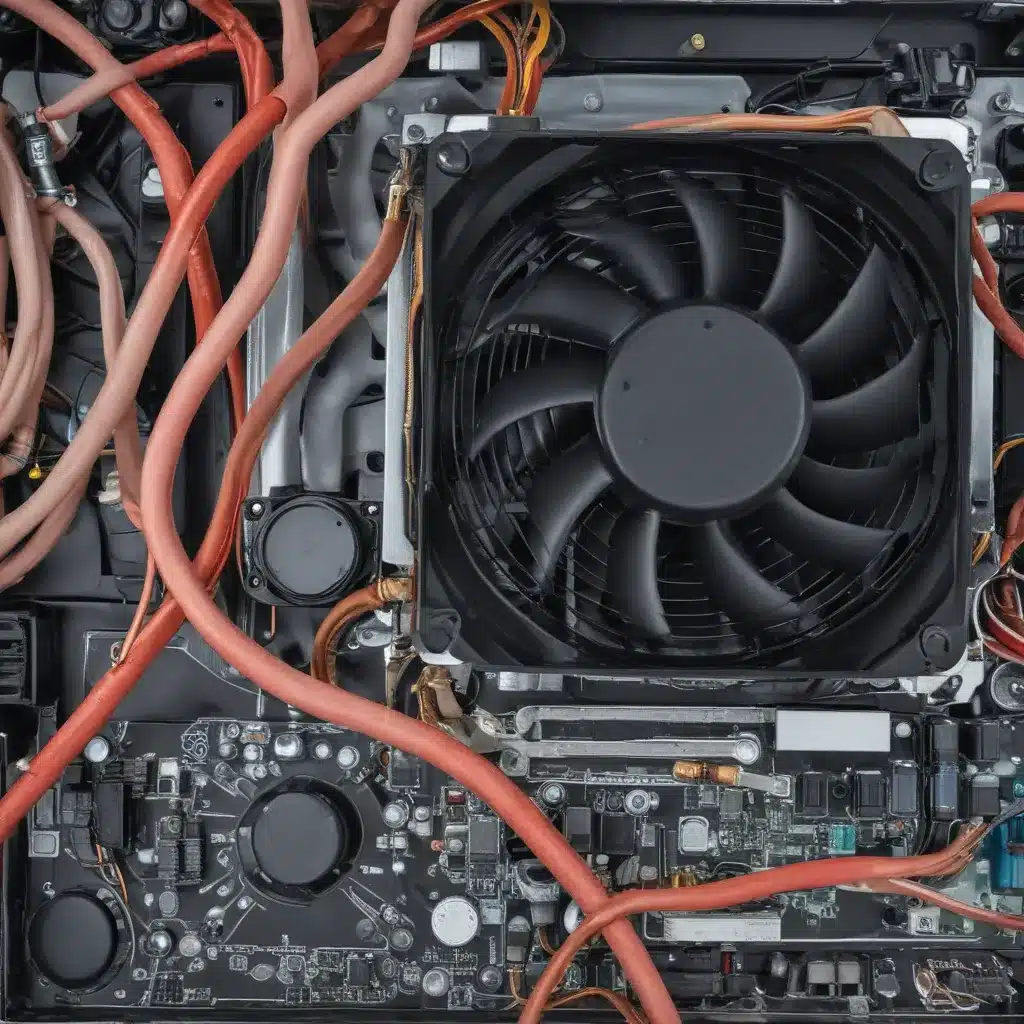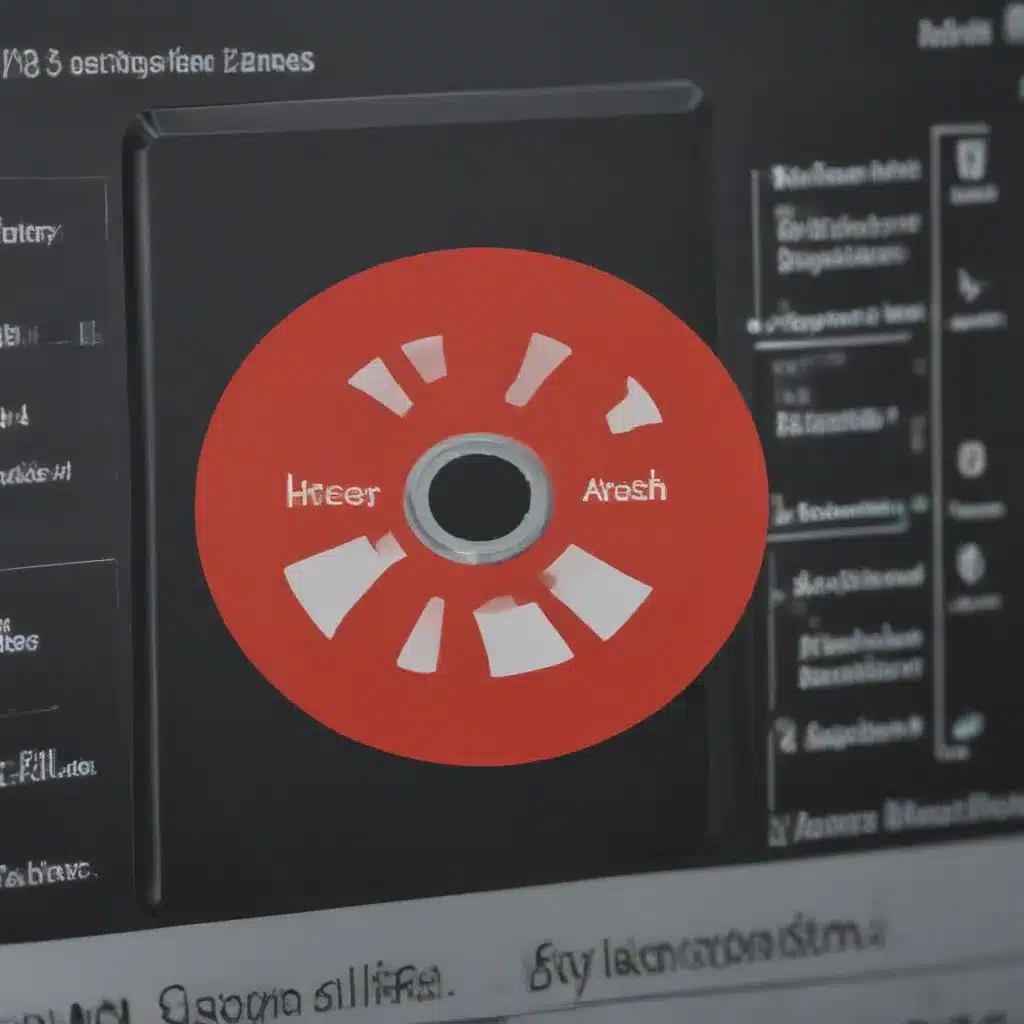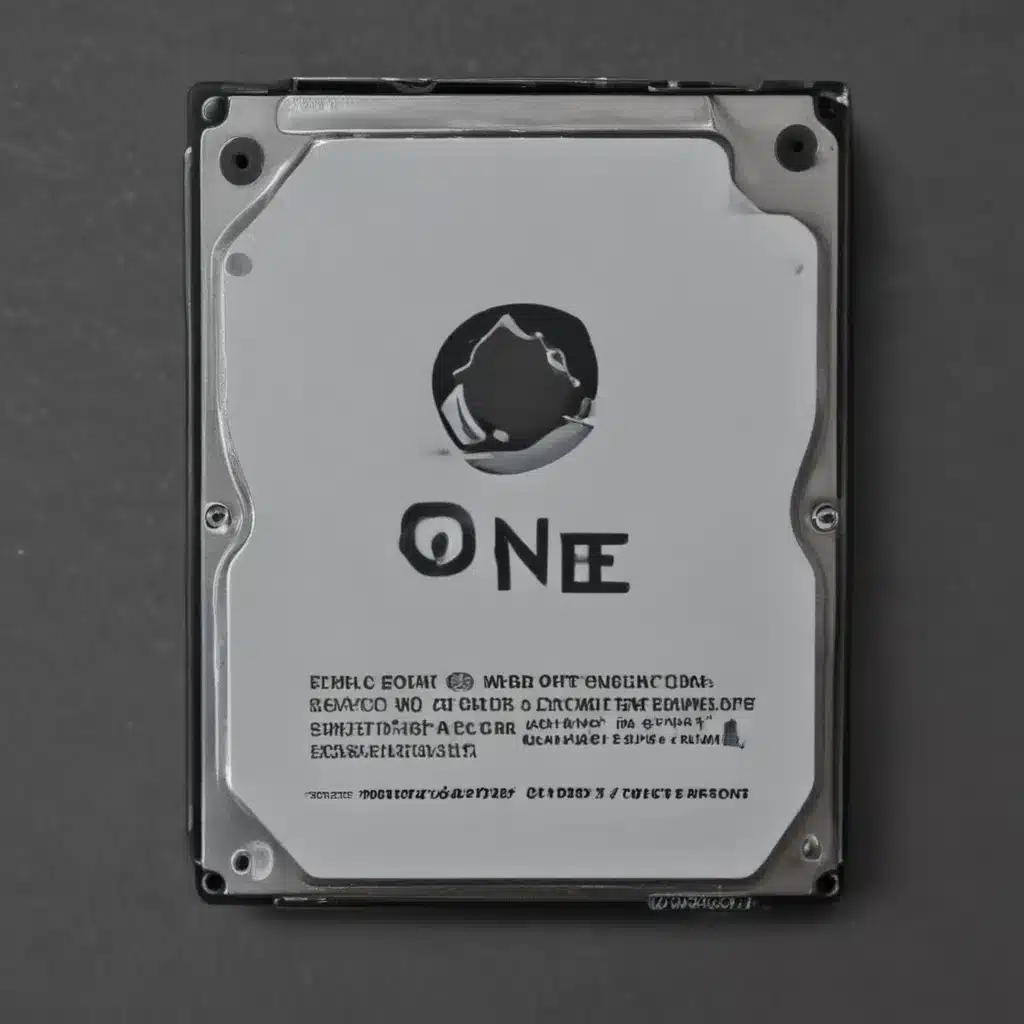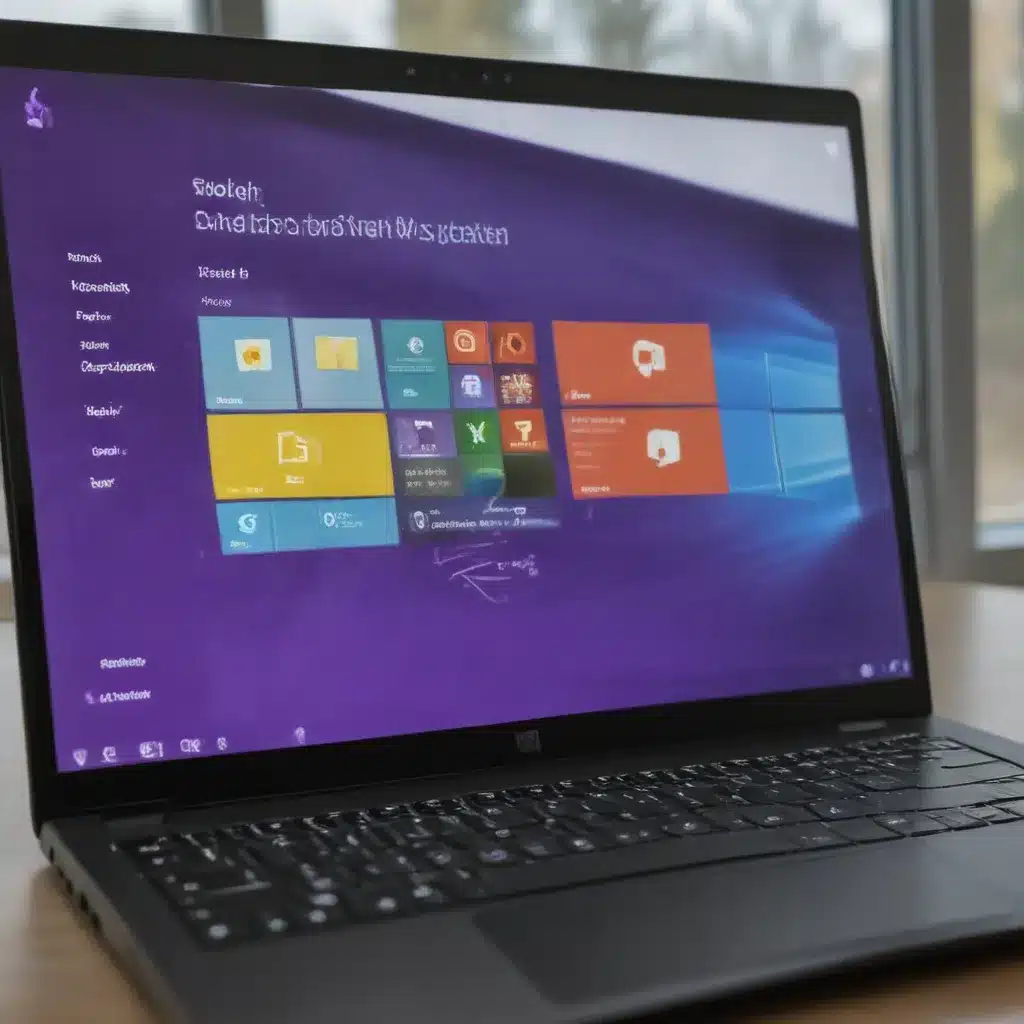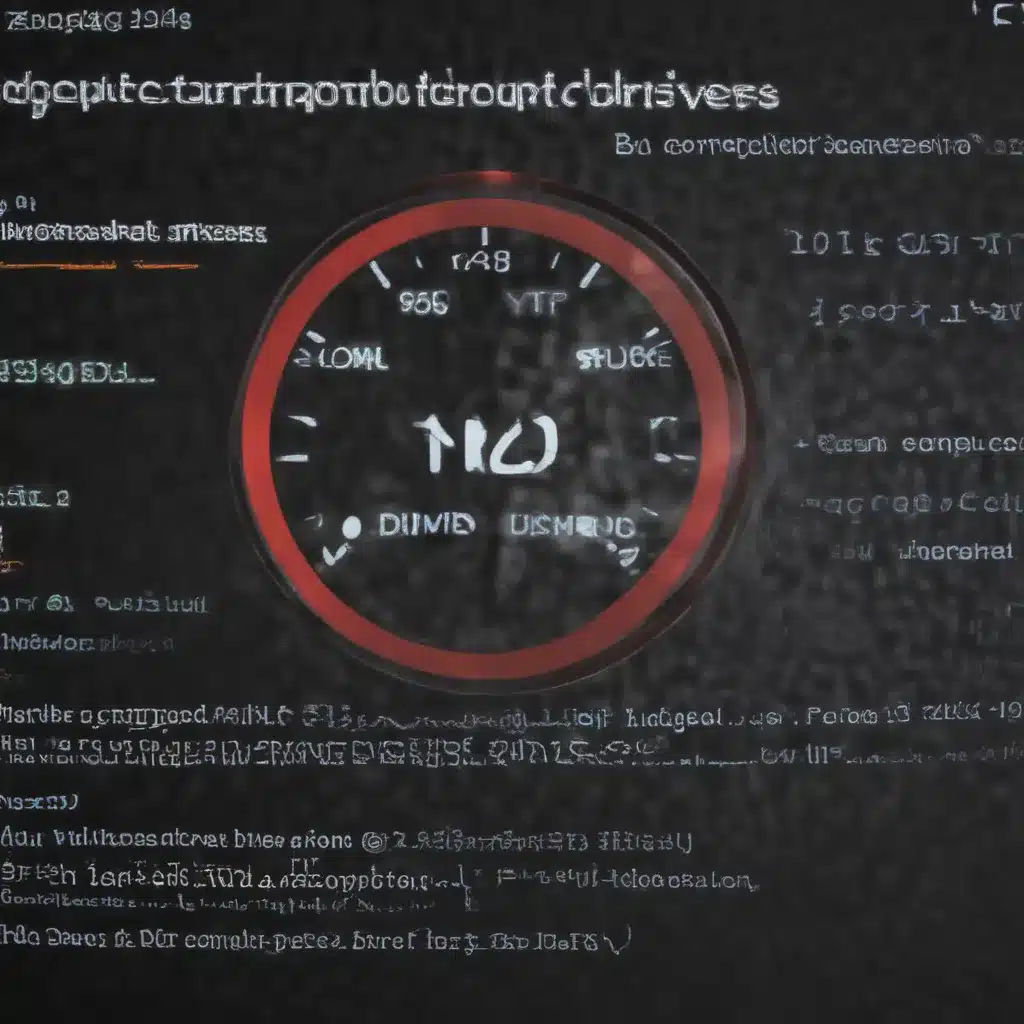Introduction
I’ve always loved video games. Ever since I first played Super Mario Bros on the original Nintendo Entertainment System as a kid, I’ve been fascinated with the creative possibilities of gaming. As I grew older, I became more and more interested in the process of making games rather than just playing them. I started to wonder what it would take to modify existing games by adding new content, fixing bugs, or changing gameplay mechanics. This curiosity eventually led me down the path of game modding.
Game modding allows creative fans and aspiring developers to put their own spin on commercial games. With some technical knowledge and passion, anyone can get started with modding. In this guide, I’ll share some beginner tips and resources for those who want to try their hand at creating their own game mods.
What is Game Modding?
Game modding involves altering a game’s code and assets to change or add new content. Mods can range from small tweaks like fixing bugs or improving graphics, to large overhaul projects that create entirely new stories, levels, or gameplay modes.
Some of the most popular types of mods include:
-
Total conversions: Mods that completely transform the original game with new characters, settings, and gameplay. Examples include Counter-Strike and Defense of the Ancients, which started as mods for Half-Life and Warcraft 3 respectively.
-
New quests or stories: Additional narrative content for roleplaying games like Skyrim or Fallout.
-
Graphical/audio enhancements: Higher resolution textures, improved lighting, added music tracks.
-
Gameplay tweaks: Adjustments to mechanics like AI behavior, physics, character skills/attributes.
-
Joke/novelty mods: Just for fun and laughs, like Macho Man Randy Savage dragons in Skyrim.
Mods allow fans to unleash their creativity and share new experiences with fellow players. Many exceptional mods have even been adopted into official games or spawned entirely new franchises.
Getting Started with Modding
If you’re new to modding, the learning curve can seem intimidating at first. But have no fear! Here are some tips to help you take your first steps into game modding:
1. Pick a Game with Mod Support
The easiest way to start is by choosing a game that already has an active modding community. This means the developers have released mod tools and documentation to assist creators. Some of the most popular and moddable franchises include:
- Bethesda games (Skyrim, Fallout, Elder Scrolls Online)
- Valve games (Counter-Strike, Half-Life, Left 4 Dead)
- Minecraft
- The Sims
- Civilization
- XCOM
- Cities: Skylines
- Stardew Valley
Spend time playing and enjoying your chosen game first. Knowing the gameplay, mechanics, characters, and world will help generate mod ideas later.
2. Learn the Modding Tools
Once you select a game, familiarize yourself with the available modding tools. Common tools include:
-
Level/map editors: Build new environments and layouts. Used for games like Skyrim, StarCraft, and Far Cry.
-
Script extenders: Allow adding new scripts or modifying game behavior outside normal limits. Used in RPGs like Skyrim.
-
Asset editors: Modify or import new 3D models, textures, sounds, and other assets. Used across all game genres.
-
Programming APIs: Interface with game code using C++, Lua, or other code. More complex but very powerful.
Studying documentation, wikis, and modding tutorials will help you grasp how to use these tools. Don’t get discouraged if it takes time to learn. Scripting and coding skills develop over time.
3. Start Small
It’s easy to envision huge mod projects in your head, but I recommend starting very small when first learning. Some simple mod examples:
-
Reskin an existing weapon/armor with new textures
-
Tweak numbers on a few game items, like increasing damage
-
Add or adjust decorations in a room
-
ChangeUI colors or text
-
Edit character facial features
-
Add a fun novelty sound effect
Small projects help you gradually figure out the tools without becoming overwhelmed. You can build on these micro mods later when tackling more complex creations.
4. Join Modding Communities
One of the best resources when first starting out is the advice of experienced modders. Join forums, Discord servers, Reddit subs, and other online groups dedicated to modding your chosen game. Ask questions, share your mods, and learn from seasoned creators.
Some great communities include:
-
Nexus Mods: Hosts mods for many different games with active forums.
-
/r/skyrimmods: Helpful subreddit for Skyrim modding.
-
CivFanatics: Top forum for Civilization game modding.
-
ModDB: Mod database and community covering many games.
Don’t be afraid to reach out! More advanced modders are often happy to guide newcomers in the community.
Intermediate/Advanced Modding Tips
Once you have the basics down and have tinkered with smaller mods, you can move on to more complex projects. Here are some tips for the journey from novice to pro:
Learn Programming and Scripting
To make truly transformative mods, you’ll need to dive into code-based modding tools like Creation Kit scripting for Skyrim or the Source engine for Valve games. Take time to learn the specific programming languages used by modding tools for your game of choice. Understanding code allows for more control and unlocking greater possibilities.
Collaborate with Others
For ambitious mods, team up with other creators who have complementary skills. Form “mod teams” where level designers, 3D artists, scripters, and testers work together. Large projects like total conversions are too much for one person to handle alone. Leverage communities like ModDB to connect with talent.
Use Version Control
Modding means constantly tweaking files and iterating on changes. This can get chaotic fast. Using version control software like Git allows you to carefully track changes, revert to previous versions if needed, and collaborate with others. Set up version control from day one to save headaches down the road.
Polish and Iterate
Don’t be afraid to scrap failed ideas and start over frequently. Good mods take considerable time and iteration to get right. Playtest early builds extensively and get feedback from the community. Refine gameplay balance, squash bugs, and polish visuals. Iterating and responding to constructive criticism leads to higher quality mods.
Promote Your Mod
After putting in the hard work on an amazing mod, make sure people discover it! Share frequently on community sites and social media during development. Release trailers showing off the best highlights. Engage fans and build word of mouth over time. Consistent promotion gives your mod visibility and staying power.
In Closing
Delving into game modding is an exciting challenge. But with passion for gaming, persistence in learning, and support of the mod community, aspiring creators can craft amazing mods. I hope these tips give you a solid foundation. Now it’s time to get your hands dirty! Tweak some files, smash some bugs, and craft new adventures for fellow gamers to enjoy. Happy modding!

